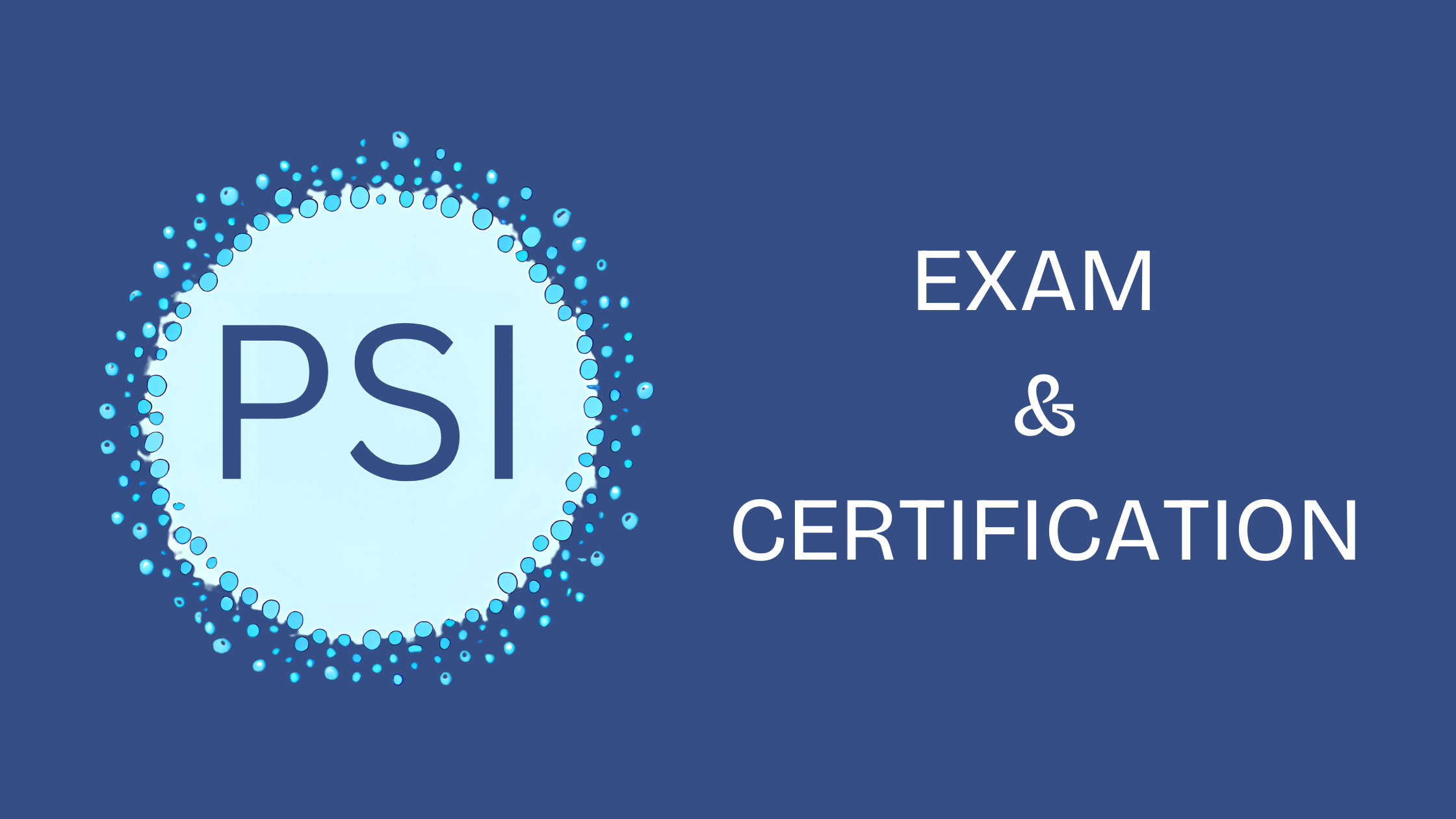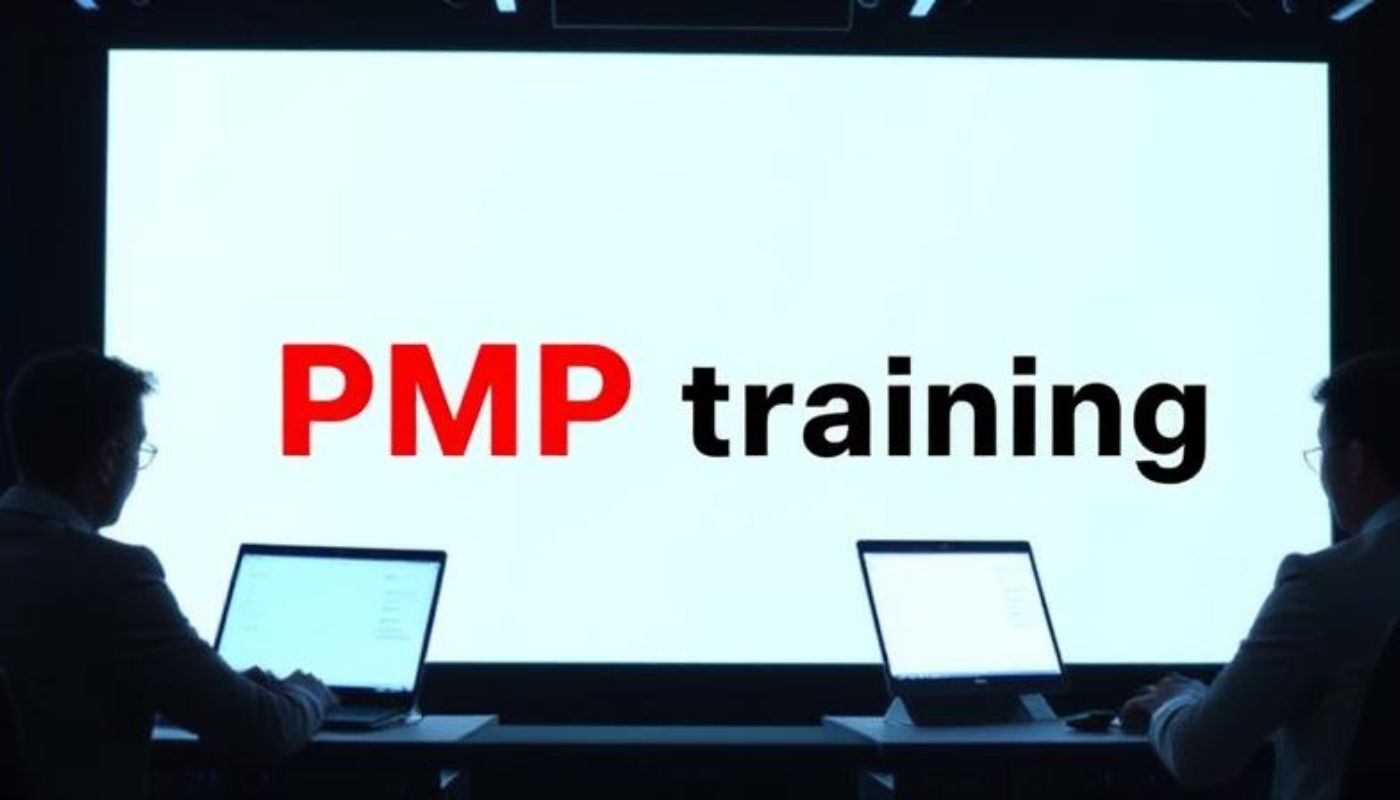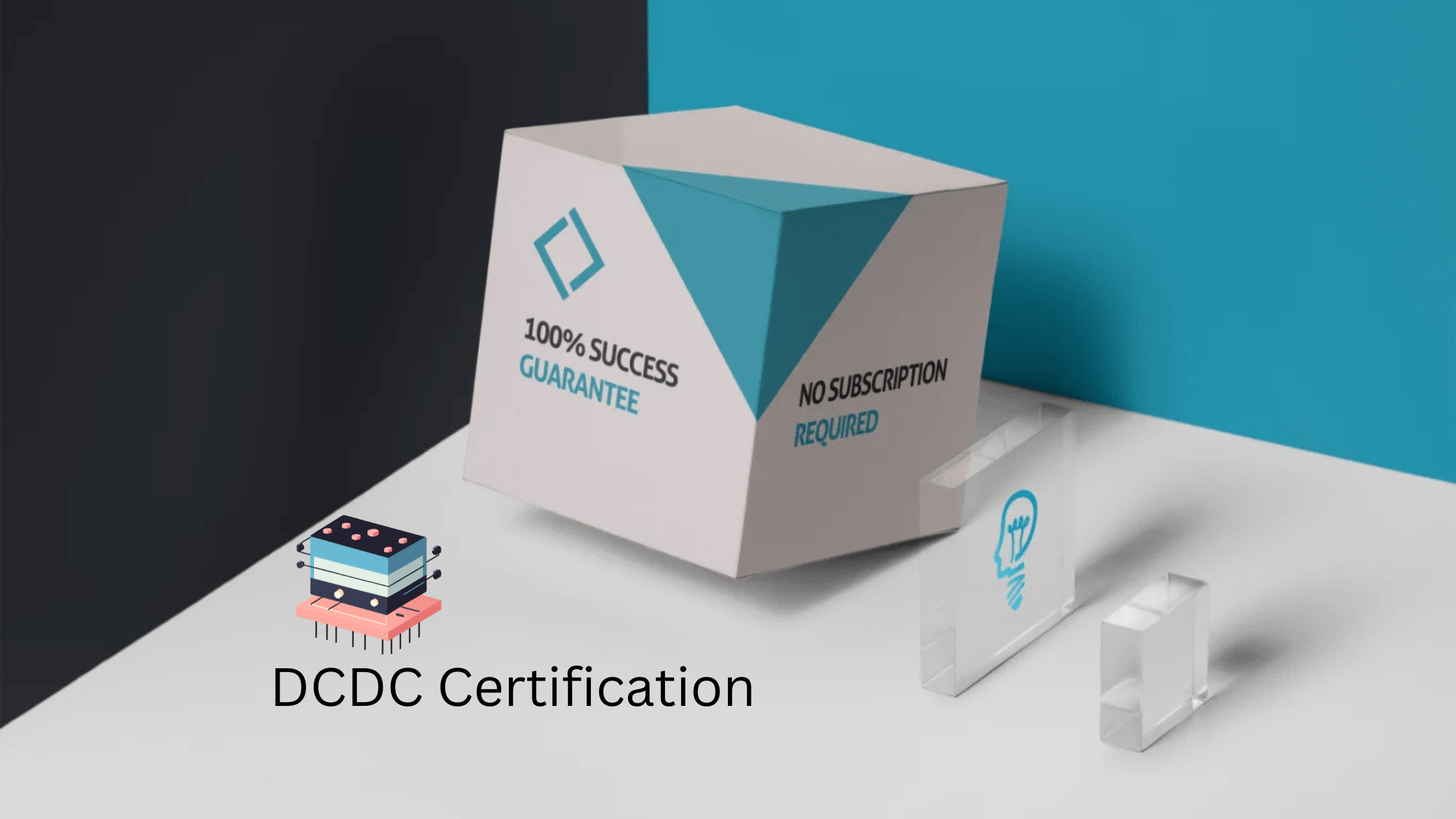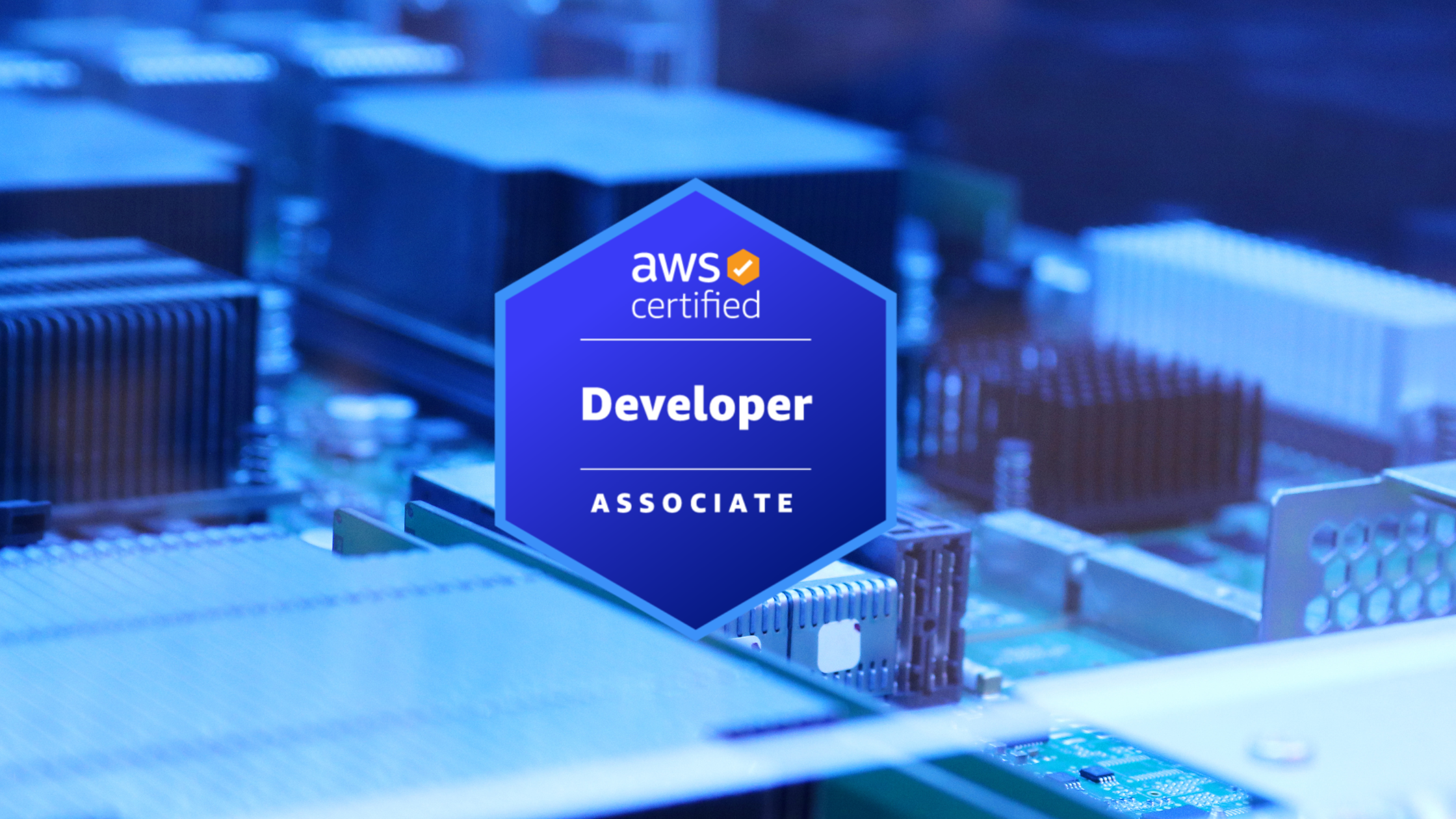In an era where cyber threats evolve daily, penetration testing has become a cornerstone of proactive cybersecurity. Penetration testing, or ethical hacking, simulates real-world attacks to identify vulnerabilities in systems, networks, and applications. Organizations rely on skilled professionals to uncover weaknesses before malicious actors exploit them.
Offensive Security (OffSec) is a leader in cybersecurity education, offering hands-on training programs like the OSCP (Offensive Security Certified Professional). This blog explores the critical penetration testing techniques in OffSec training and how they prepare you to defend modern IT environments.
What is OffSec Training?
OffSec is renowned for its rigorous, practical approach to cybersecurity education. Their training programs, including the OSCP, OSEP, and OSWE, emphasize real-world scenarios over theoretical knowledge. Students gain expertise in offensive security tactics, tools, and methodologies, equipping them to tackle sophisticated cyber threats.
The cornerstone of OffSec’s philosophy is “Try Harder,” pushing learners to persist through challenges using hands-on labs and simulated environments. This mindset prepares professionals for the dynamic nature of penetration testing.
Key Penetration Testing Techniques Covered in OffSec Training
1. Reconnaissance (Information Gathering)
Reconnaissance is the first phase of penetration testing, where attackers gather intelligence about their target. OffSec training teaches active and passive reconnaissance methods:
- Active Recon: Directly interacting with targets using tools like
NmapandRecon-ngto scan networks and enumerate services. - Passive Recon: Leveraging publicly available data from sources like WHOIS, social media, and DNS records.
Students learn to identify attack surfaces, such as open ports, software versions, and employee details, without triggering detection.
2. Scanning & Enumeration
Once data is collected, the next step is scanning for vulnerabilities. OffSec’s labs train students to use:
- Network Scanners:
NmapandMasscanto map networks and discover live hosts. - Vulnerability Scanners:
NessusandOpenVASto detect weaknesses like outdated software or misconfigurations. - Enumeration Tools: Techniques to extract user accounts, shares, and services using tools like
Enum4linuxandSNMPwalk.
This phase is critical for prioritizing vulnerabilities based on exploit potential.
3. Exploitation
Exploitation involves leveraging vulnerabilities to gain unauthorized access. OffSec’s training focuses on:
- Manual Exploitation: Writing custom scripts or modifying public exploits to bypass defenses.
- Tools like Metasploit: Using frameworks to automate attacks against known vulnerabilities (e.g., EternalBlue).
Students practice escalating privileges and maintaining access in environments resembling corporate networks.
4. Post-Exploitation
After breaching a system, testers must demonstrate the impact. OffSec covers:
- Pivoting: Moving laterally across networks using compromised systems.
- Data Exfiltration: Stealing sensitive information without detection.
- Covering Tracks: Clearing logs and hiding activity to avoid alerting defenders.
These skills highlight the importance of holistic security measures.
5. Password Attacks
Weak passwords remain a top attack vector. OffSec teaches methods like:
- Brute-Force Attacks: Using tools like
HydraandJohn the Ripper. - Rainbow Tables: Precomputed hash tables for faster cracking.
- Pass-the-Hash: Exploiting cached credentials in Windows environments.
6. Social Engineering
Human error is often the weakest link. OffSec’s training includes:
- Phishing Simulations: Crafting convincing emails to trick users.
- Physical Security Tests: Bypassing locks or tailgating into restricted areas.
7. Reporting & Documentation
A penetration test’s value lies in actionable insights. OffSec emphasizes:
- Clear Vulnerability Reports: Outlining risks, evidence, and remediation steps.
- Executive Summaries: Communicating technical findings to non-technical stakeholders.
Benefits of OffSec Training
- Hands-On Labs: Realistic environments like the OSCP’s “Proving Grounds” simulate enterprise networks.
- Industry-Recognized Certifications: OSCP is a gold standard for penetration testers.
- Expert Instruction: Learn from professionals with real-world experience.
- Career Advancement: OffSec certifications open doors to roles like Security Analyst, Red Teamer, or Consultant.
How to Get Started with OffSec Training
- Build a Foundation: Familiarize yourself with networking, Linux, and scripting (Python/Bash).
- Choose a Course: Start with the Penetration Testing with Kali Linux (PWK) course for OSCP certification.
- Practice Relentlessly: Use platforms like Hack The Box or TryHackMe to hone skills.
- Join the Community: Engage with OffSec forums and local cybersecurity groups.
For a detailed breakdown of OffSec’s curriculum, visit OffSec Penetration Testing Techniques.
Conclusion
Mastering penetration testing requires more than theoretical knowledge—it demands hands-on practice and persistence. OffSec training equips you with the techniques, tools, and mindset to excel in cybersecurity. Whether you’re pursuing OSCP or enhancing your skill set, OffSec’s programs offer a proven path to success.
Ready to launch your ethical hacking career? Explore OffSec’s training programs today and embrace the challenge to “Try Harder.”












